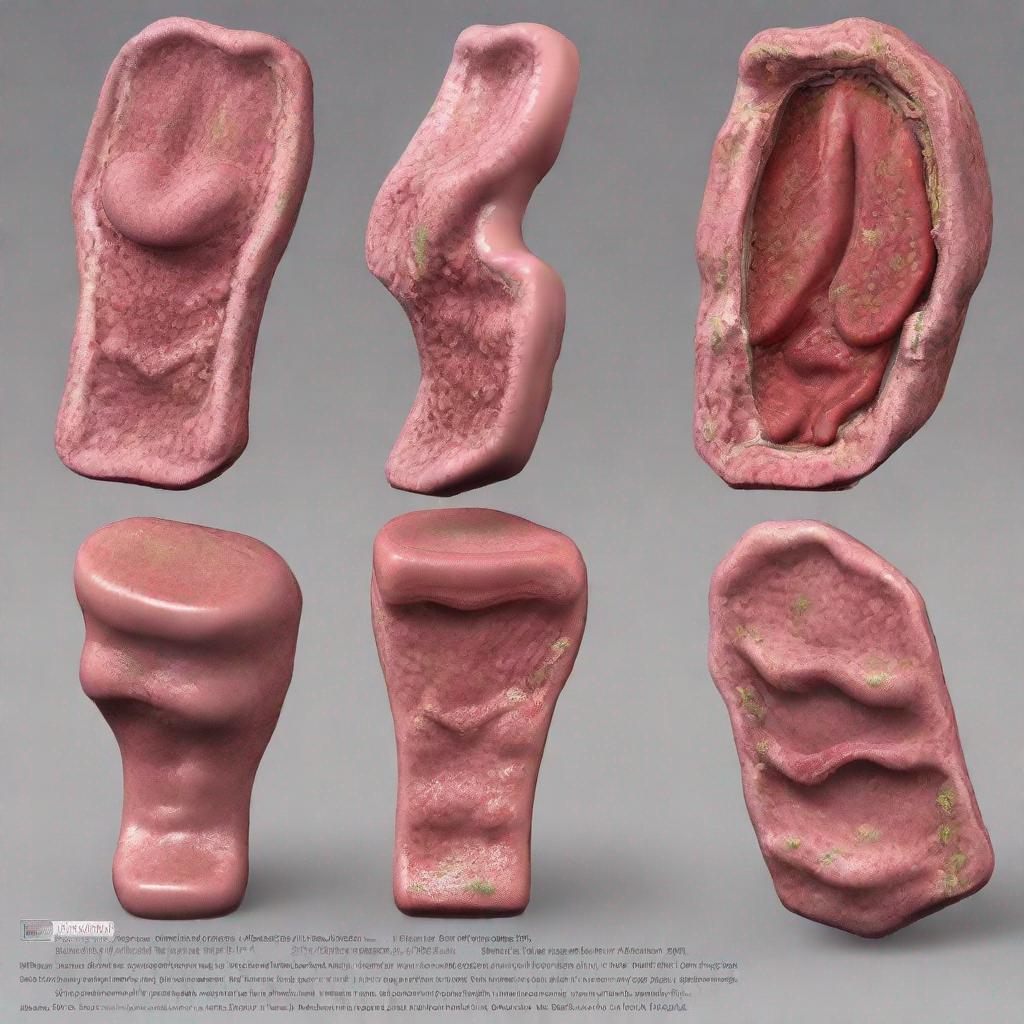## Diarrheal Diseases
**Introduction:**
Diarrheal diseases are characterized by frequent, watery stools. These conditions result from infections in the digestive tract, primarily the intestines, colon, and rectum. Diarrheal diseases affect people of all ages, but young children and infants are particularly vulnerable due to their underdeveloped immune systems.
**Symptoms:**
* Loose stools
* Frequent bowel movements (>3 per day)
* Abdominal pain and cramping
* Nausea and vomiting
* Fever
* Dehydration (dry mouth, decreased urine output, sunken eyes)
**Diagnosis:**
Diarrheal diseases are diagnosed based on symptoms and a medical history. Blood tests, stool analysis, endoscopy, or colonoscopy may be performed to identify the underlying cause.
**Prevention:**
Preventing diarrheal diseases is crucial, especially for infants and young children:
* **Hygiene:** Wash hands frequently, especially after using the toilet and before eating.
* **Sanitation:** Ensure clean water and sanitation facilities, including proper sewage disposal.
* **Vaccinations:** Vaccinations exist for several diarrheal diseases, including rotavirus, cholera, and typhoid.
**Treatment:**
The primary treatment for diarrheal diseases is to prevent and manage dehydration. This is achieved through:
* **Oral rehydration therapy (ORT):** A solution containing water, electrolytes, and glucose is given orally to replace lost fluids.
* **Intravenous fluids:** For severe dehydration, fluids may be administered intravenously.
* **Antibiotics:** Antibiotics may be prescribed to treat bacterial infections such as shigella and salmonella.
* **Antidiarrheal medications:** These medications can reduce the frequency of bowel movements.
* **Probiotics:** Probiotics are beneficial bacteria that can help restore gut health.
**Complications:**
Dehydration is a major complication of diarrheal diseases and can lead to:
* Shock
* Seizures
* Coma
* Death
Other complications include:
* Electrolyte imbalances
* Malnutrition
* Inflammatory bowel disease
**Prognosis:**
The prognosis for diarrheal diseases depends on the severity of the infection, age of the individual, and access to medical care. With timely treatment, most cases of diarrhea can be resolved without complications. However, in severe cases, complications can develop, leading to significant health risks and even death.
**Related Information:**
Diarrheal diseases are a major public health concern, particularly in developing countries. They are a significant cause of child mortality, second only to pneumonia. Improved sanitation, hygiene, and access to healthcare are essential to reducing the burden of diarrheal diseases worldwide.



